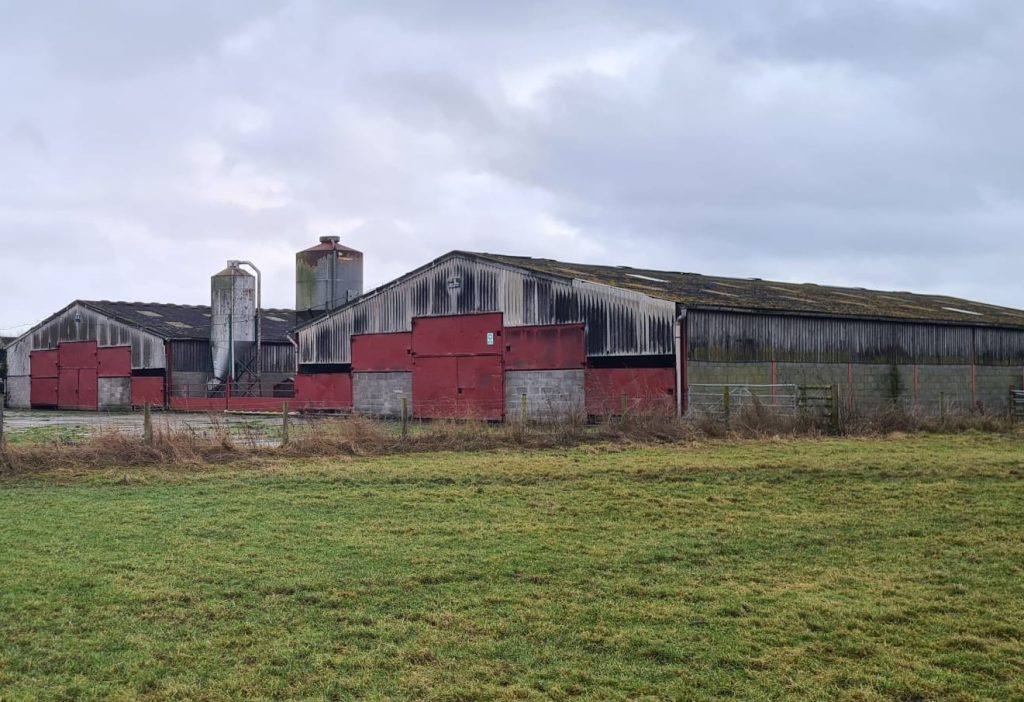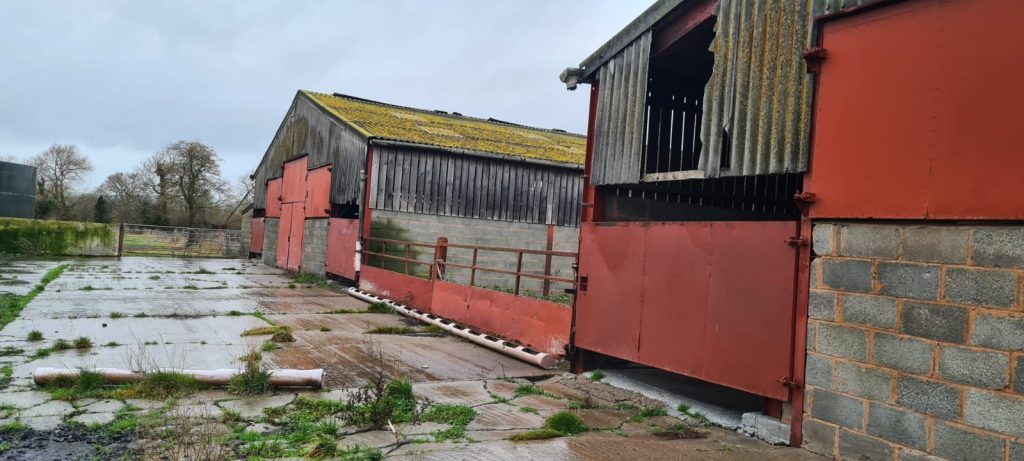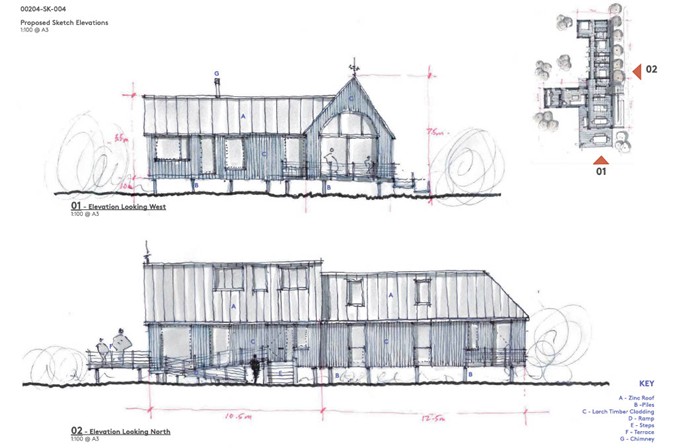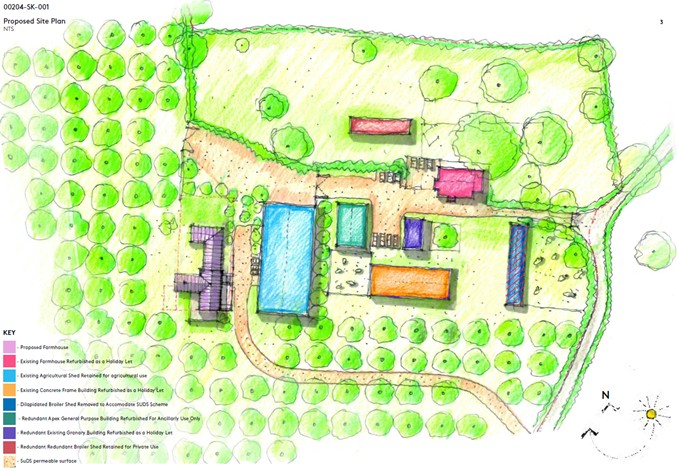At Dudley Peverill Associates, we often meet landowners and farmers who know their agricultural buildings are underutilised, but don’t know how to unlock their value. Changing the use of redundant farm buildings can feel like an impossible task when faced with financial or planning challenges and unknowns.
Are Your Buildings Working Hard Enough?
If you have underutilised or redundant agricultural buildings no longer fit for purpose and slowly deteriorating, you could be missing out on a significant opportunity. The longer you wait, and the more dilapidation sets in, the more you risk losing the associated planning gain, a planning term that refers to the use of a building’s existing scale and footprint. Additionally, this manifests in the erosion of associated capital value, and the viability of the assets’ change of use also.
What is Class Q?
Class Q (Schedule 2, part 3, The Town and Country Planning (General Permitted Development) (England) Order 2015) is a permitted development right that allows agricultural buildings to be converted into residential dwellings (Class C3) without full planning permission. It’s one of the quickest, most effective routes to add value to your asset, but only if the proposal aligns with the conditions of Class Q.
Many are uncertain of the strict eligibility requirements surrounding Class Q permitted development. These extend to (non-exhaustive) structural conditions, highways, location, site designations, and design, to name a few. The exact conditions of Class Q can be viewed here.
Class Q can be a powerful tool in the strategy towards the diversification of rural businesses. With our planning associate, we were able to utilise Class Q as part of a wider strategy for a site involving flood risk and objectives to introduce biodiversity and tourism-based enterprises.




A Case Study: A Farm in Herefordshire
We recently helped the owners of a farm in Herefordshire navigate this very challenge. Their holding, a 32-hectare working sheep and forage farm, lies almost entirely within flood zones 2 and 3. This constraint made it difficult to achieve planning permission through full planning applications for this particular proposal, thus increasing the risk of refusal, derailing their vision for a more viable rural business. Therefore, we looked towards Class Q to create a “fallback position”.
Working closely with them and our partners, we have been successful in securing Class Q approval to convert key buildings into residential and tourist accommodation. Tackling key technical issues such as highways, flood mitigation head-on was key in gaining approval on such a constrained site. In securing this fallback position, we are now able to seek full planning permission for the replacement of the buildings in question with more desired and appropriate flood-resilient built solutions, not previously possible without securing a Class Q fallback.
This use of permitted development rights not only secured us the principle of development on this site, but provided us with additional proposals for all-around betterment in the subsequent full planning application.
Through this planning strategy, we were jointly able to provide significant value to the client and navigate a constrained planning situation to reach a solution that also benefited the environment and worked to reduce the constraint in the area.
Why Work with Dudley Peverill?
This particular client said, “We felt that DPA not only offered us a uniquely tailored combination of options, but they also took into consideration our financial and geographical limitations alongside assessing our personality traits.”
Delivering diversification projects, such as the conversion of farm buildings, is never as simple as it seems. That’s why our approach combines strategic
thinking, planning, financial expertise, and real on-the-ground delivery. Whether you’re dealing with constraints regarding planning, finance, or a lack of resources, we can help you overcome challenges and meet your objectives.
Let's Talk
If you have an underutilised farm building that could be repurposed to provide a new home, a new enterprise, or capital, don’t leave its potential untapped.
Book a free consultation and speak to our team. We’re here to help with every step of the journey, from consulting and financial planning to project management from concept to completion; we are your partner in rural diversification projects.

